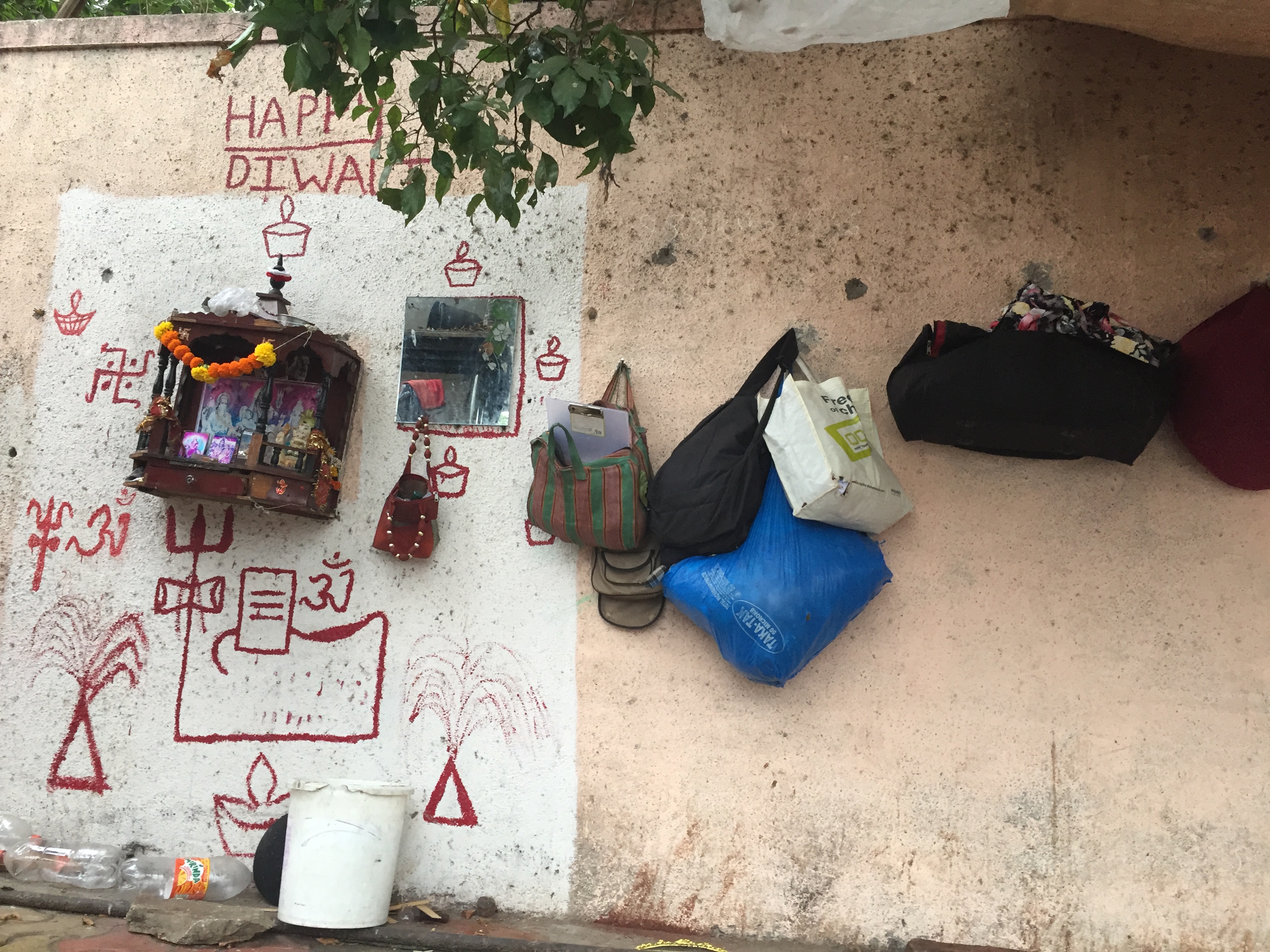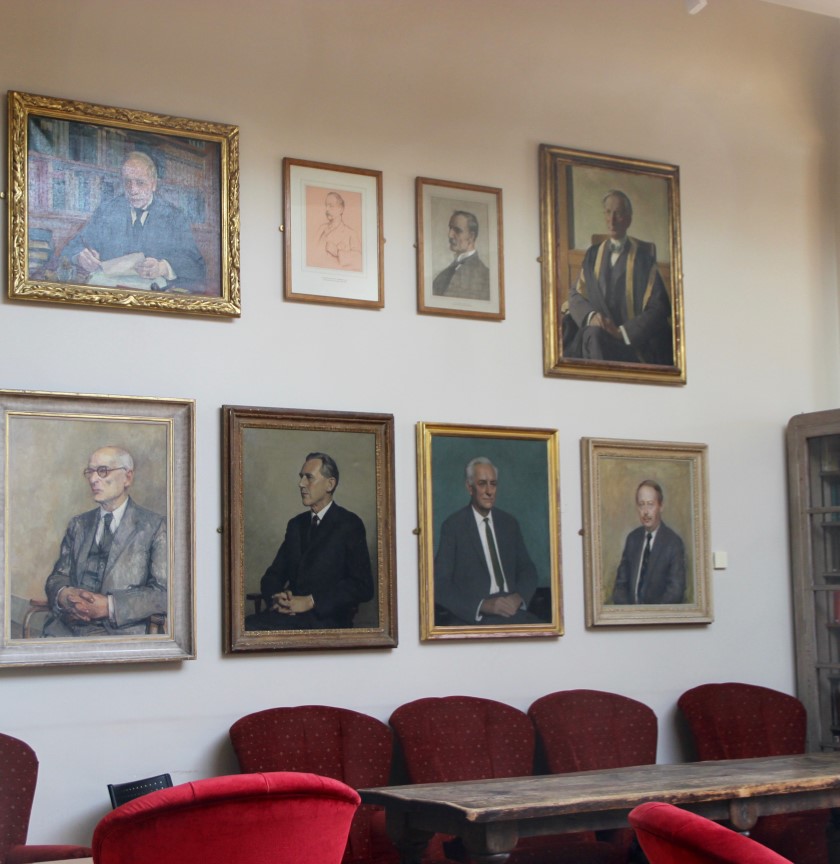What is the place of vernacular terms and locales in elite research institutions and journals? Paroj Banerjee draws on her research and expertise to show us what this looks like and means in contemporary social sciences scholarship
In this blogpost, I draw attention to the increasing importance afforded to vernacular practices and terms in urban studies scholarship specifically, but also in social science scholarship, more broadly in theorising and producing knowledge. Located in non-Western or what are popularly known as Global South contexts, this way of knowing the world is meant to not only challenge the hegemonic influences of Eurocentric practices in academia, but also make legible more local, context-specific practices and cultural forms in understanding the world. But, to what extent has attention to the vernacular really percolated in global scholarship? And how is it different from exoticising or essentialising the gaze? As a geographer, I use terms such as ‘global,’ ‘local,’ or ‘regional’ with caution as most often these terms are invariably associated with specific locations. In other words, scholarship that emerges from the Global North is considered global or international – knowledge that is worthy of theory production. While scholarship from the Global South is viewed as local or regional – empirics that either conform to dominant theory or, at best, deviate from it.
Homogenisation
In recent years, vernacular expressions have made their way into global scholarship to explain modes of everyday organisation and operation distinct from the dominant epistemic forms that privileged Anglo-American ways of recognising the world. Take for example the word, jugaad – a north Indian term that simply means to make do – has become popular in management and architecture studies to refer to innovative and informal ways people respond to everyday obstacles to achieve their aims. Within geography and urban studies, active acknowledgment of terms like jugaad urbanism has celebrated the resourcefulness and entrepreneurialism of people at the margins of formalised structures. However, despite the prevalence of a few vernacular phrases, Western scholarship has a long way to go in truly accepting non-Western knowledge systems and practices. In fact, these vernacular phrases, and I would say locations, become metonyms for representing geographies in the Global South. Phrases like jugaad and places like Mumbai then acquire an exotic sense in representing everyday hustles and modes of social organisation for an entire global geography. Through my own research, I argue how basti – a Hindi word that means to settle – has been pejoratively used to refer to slums and has become a symbolic marker to represent Global South cities. Slum-centric representations of urban marginality, both celebratory and derogatory, in the Global South homogenises the recognition of locations in non-Western contexts and obscures the vibrancy and diversity of everyday life within these regions.
 Vernacular artefacts of inhabitation: Footpath dwellers in a neighbourhood of Mumbai uses a public wall for various everyday functions. These artefacts of street inhabitation then not only challenge slums as a metonym for urban poverty, but also defy abjection as the only way of understanding marginalised urban actors
Vernacular artefacts of inhabitation: Footpath dwellers in a neighbourhood of Mumbai uses a public wall for various everyday functions. These artefacts of street inhabitation then not only challenge slums as a metonym for urban poverty, but also defy abjection as the only way of understanding marginalised urban actors
Erasure
While the vernacular has emerged in contemporary scholarship, its use has been more exotic than ordinary. On the contrary, I would argue that the vernacular continues to be systematically excluded or invisibilised from dominant scholarship. In a recent conversation with a fellow scholar, I learnt that the editors of a leading social science journal insisted that ‘India’ be added to the title of a paper in a special issue, where a popular city was the focus of her research. As an early-career researcher, she shared her agonising negotiations with the journal editors who were reluctant to publish the article with just Pune in the title. Much to her chagrin, she later discovered that in the same issue, Hamburg was not accompanied by Germany in the title of one of the papers. We discussed how there is always a need to locate places in the non-Western contexts. “It is as if people are expected to know what and where Hamburg is, while Pune needs to be constantly identified on the map,” she commented. Hamburg is the norm; Pune is the exception.
the vernacular continues to be systematically excluded or invisibilised from dominant scholarship
Five observations from a research exercise
I pursued this further through a bit of quick desk research. I picked 20 cities from Asia, Africa, North America, and northern Europe. Albeit broadly random, I selected popular cities and places with which I have had associations through work and travel. I then searched for these 20 cities in the LSE online library in the titles of journal articles in the social science field. Simultaneously, I carried out this exercise in a well-known urban studies journal and emerged with these five observations:
- As anticipated, the names of cities from Asia and Africa in the titles of these journal articles were accompanied by the name of the country. For instance, Kampala always had Uganda mentioned; or Aurangabad, India; Wuhan, China, and so on. In fact, even some prominent cities like Lahore, had Pakistan mentioned in their titles.
- This did not seem to be the case with names of cities from North America and Europe. Take for example these titles: The preference and actual use of different types of rural recreation areas by urban dwellers – the Hamburg case study; The changing downtown: a comparative study of Baltimore and Hamburg; or Reviving the Industrial City: the politics of urban renewal in Lyon and Birmingham. Located in the north Europe and America, none of these urban centres needed an introduction implying that readers are expected to know about these places.
- This trend was more marked in social sciences journals than the urban studies journal.
- The articles that did not mention the name of a city in the Global South led to empirics from those places being used to generalise and theorise for the wider region or country. For instance, an article’s focus on planning violations in a specific city was extrapolated to create a narrative about India.
- Very little work in English, especially in journals with an international reach, is therefore available or identifiable about lesser known places. It is not that information or literature is unavailable on cities like Madurai, Hyderabad, Quetta, or Khulna, but that much of the information exists in local languages. In fact, a wealth of literature exists in vernacular archives, but these are not reflected in the search results provided by the libraries of world-leading institutions such as the LSE. In their quest for decolonising knowledge, higher education institutions must pay attention to the very basic sources of knowledge access. In the decolonisation process, there is an immediate need to liberate libraries as repositories of texts in English.
_________________________________________________________________________________________________________________
Disclaimer: This post is opinion-based and does not reflect the views of the London School of Economics and Political Science or any of its constituent departments and divisions.
_________________________________________________________________________________________________________________
Image credit: Paroj Banerjee, Mumbai Fieldwork 2017






Excellent and sharp observations. There seems to be more scope for studies in the subject. It might impact the way regions and society evolve in research and academics.